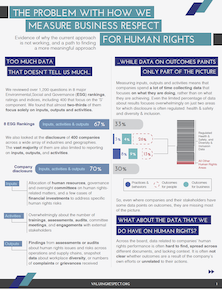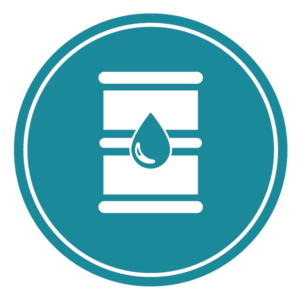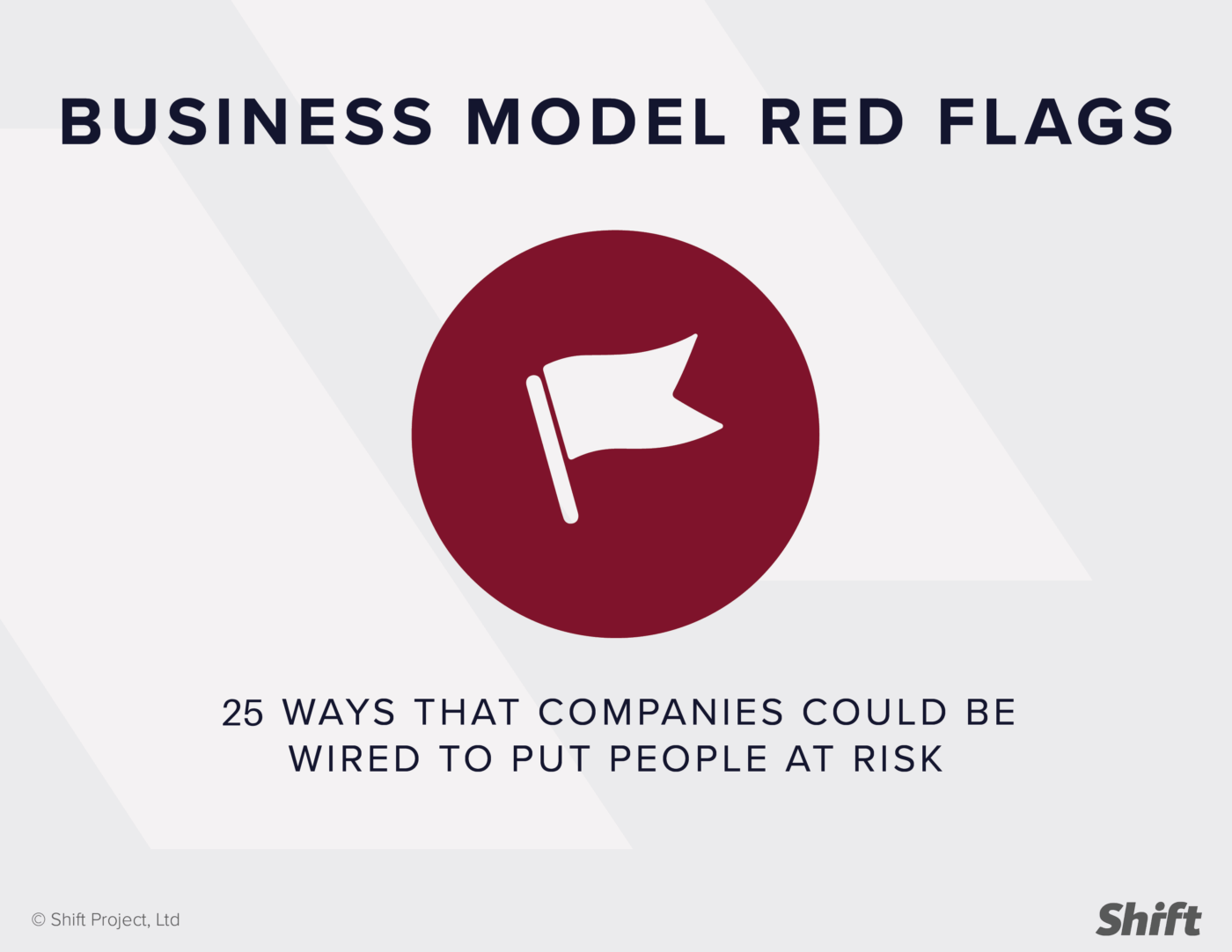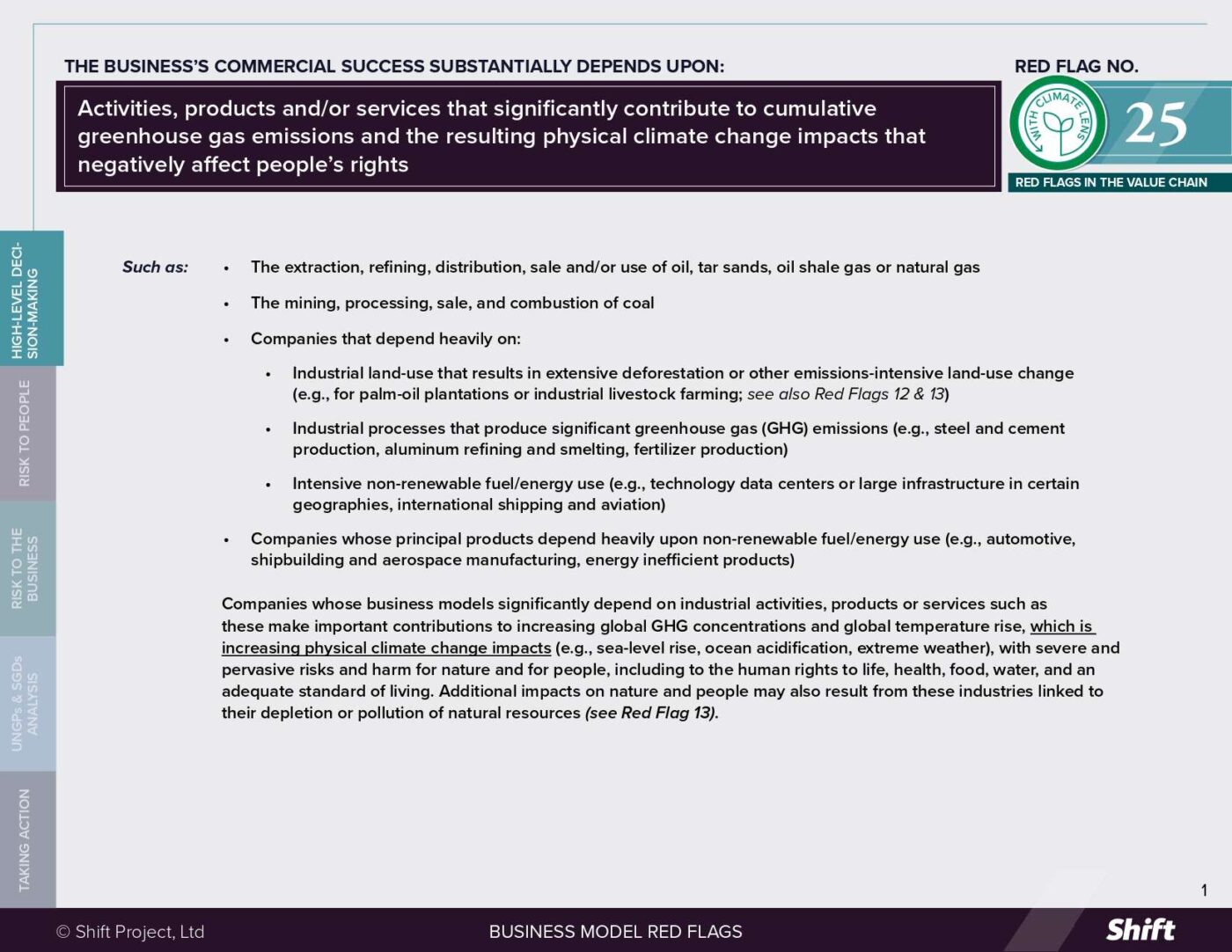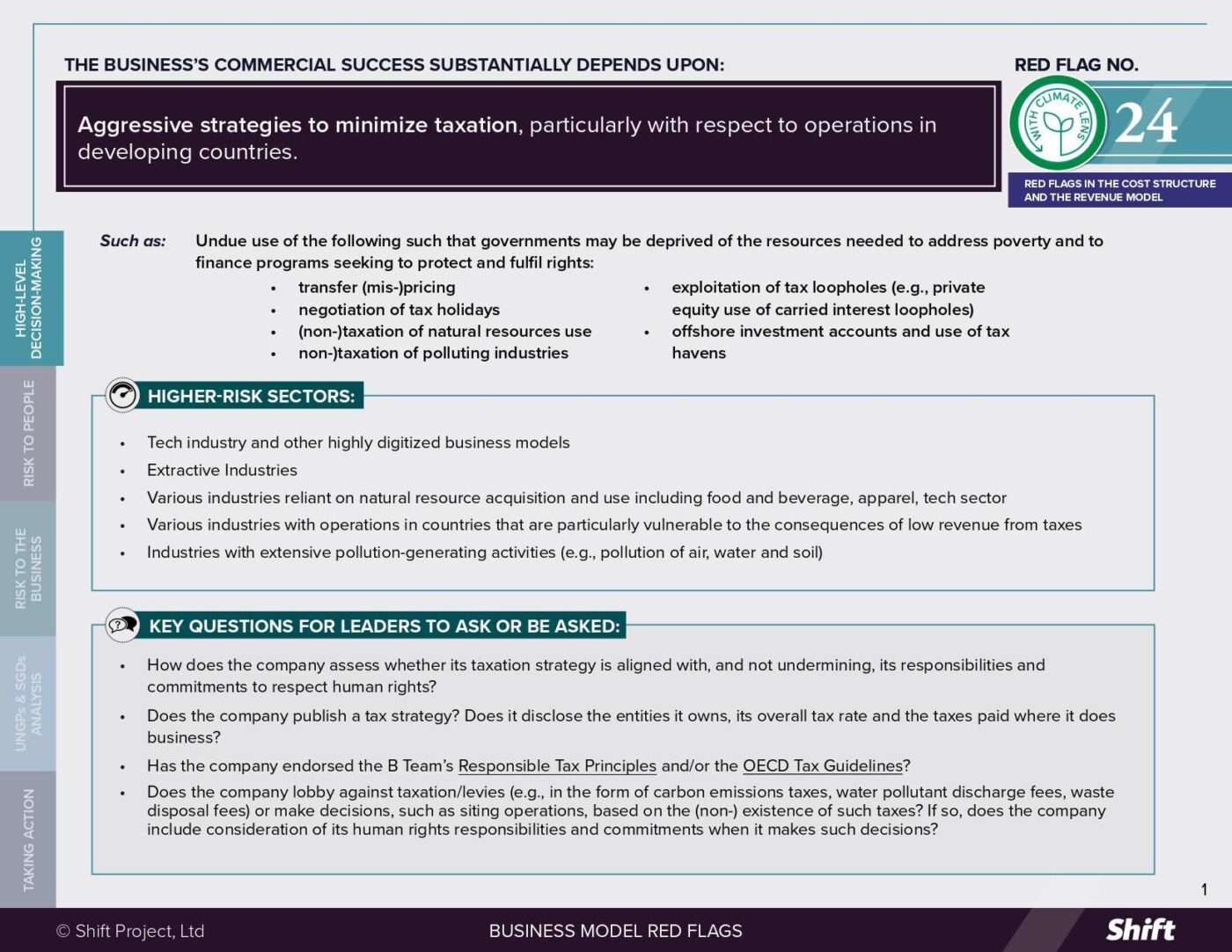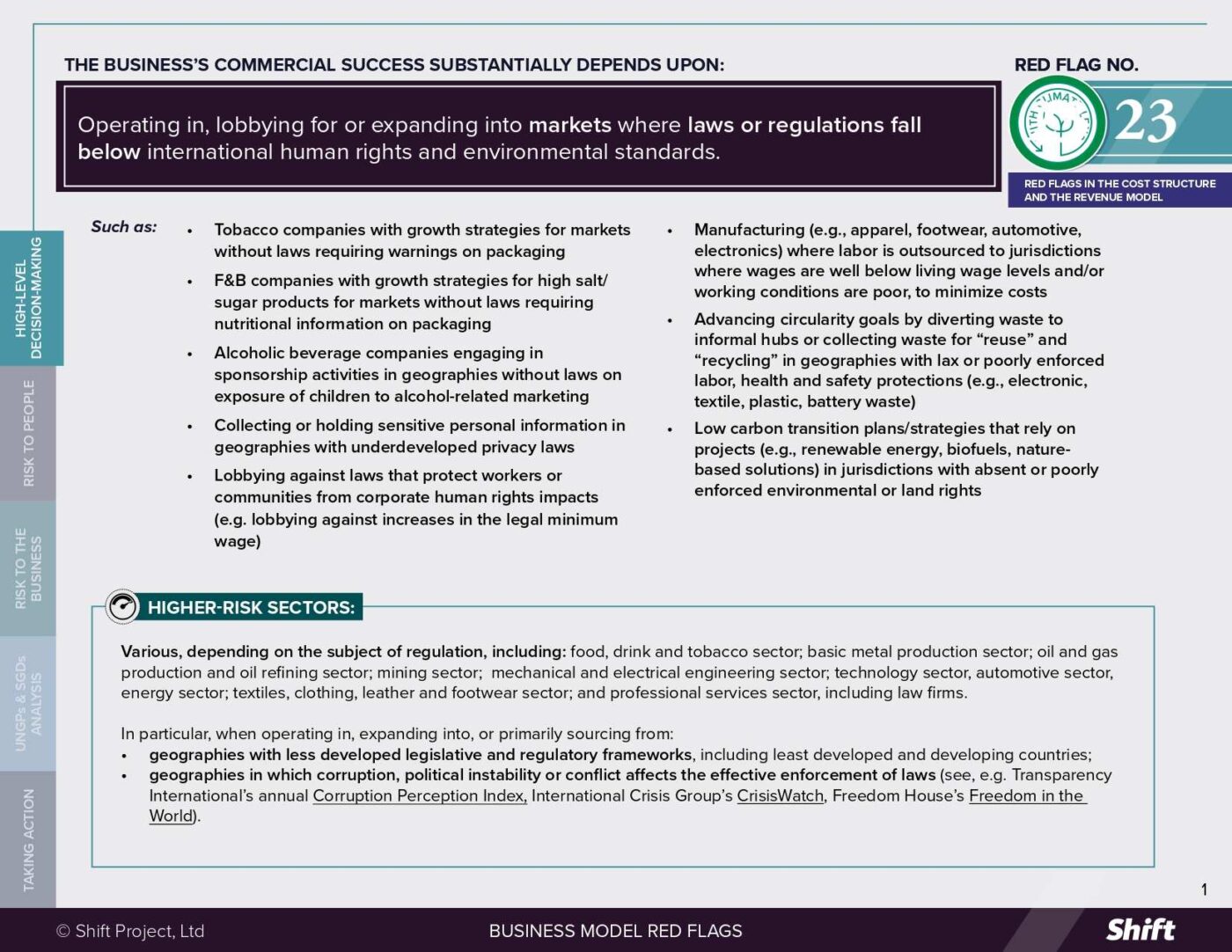For years, evaluation has only skimmed the surface
Think about how a company measures performance. It is based on key performance indicators (KPIs) that relate to set targets and objectives – that is, the desired outcomes for the business. Yet, when it comes to business respect for human rights evaluation focused largely on inputs, activities and outputs – and stopped there. Outcomes and, most importantly, outcomes for people, are rarely evaluated.
The truth is, not all business actions make a difference. Even the best-intended ones can have little to no effect. Some may even harm people, instead of mitigating risk.
Without proper insights into what is working in practice, company leaders cannot allocate resources to the processes and initiatives that drive the right business behaviors and make a difference in people’s lives. Many investors feel blindfolded when trying to pick out truly socially responsible companies from those who simply say the right things. And civil society organizations have to rely on often meaningless quantitative data, that focus on actions divorced from results, to deduce a company’s human rights performance.
A lot of data…not a lot of insight
When we embarked on this journey many were telling us that current evaluation ‘is broken’. We wanted to understand what that meant in more detail. So we analyzed the metrics and indicators currently reported by companies and used by investors and others who seek to evaluate business respect for human rights. We reviewed over 1,200 questions in 8 major Environmental,Social and Governance (ESG) rankings, ratings and indices, including 400 that focus on the ‘S’ component. We found that:
We observed the same pattern when we looked at the disclosure of 400 companies across a wide array of industries and geographies:
Findings by Sector
Findings by Region

Thanks for signing up.

 Business Model Red Flags
Business Model Red Flags  Tool for Indicator Design
Tool for Indicator Design 